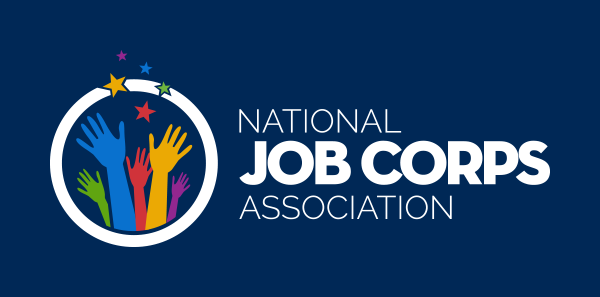
Job Corps instructor Ken Kohl helps Green out of his breathing mask following a hazmat certification exercise.
By George Plaven of The Montana Standard Mtstandard.com
ANACONDA – Justin Green zipped into his full rubber hazardous materials suit, strapped the breathing mask tight over his face and gave a thumbs-up.
Saddled with an extra 30 pounds of gear, Green, 25, practiced working on a forklift in a simulated exercise Thursday at the Anaconda Job Corps.
About 30 students took turns outside the heavy equipment shop as part of their national hazmat training and certification, designed to help them both recognize and react to hazardous conditions.
The 40-hour program covers everything from government regulations to decontamination, and wraps up with a comprehensive test Friday. Job Corps offers the certification twice per year.
Since hazmat suits restrict movement, visibility and dexterity, students took the morning trying out all equipment hands-on. Mechanics, like Green, made repairs to the forklift.
The most difficult adjustment, Green said, is breathing with the air tank and mask. Each breath let out a loud hiss that made it tough to hear what he was doing.
Green is confident the certification will lead to a good job once he graduates in October.
“Employers like to have people with these certifications, because then they don’t have to go back and pay for them,” he said.
Instructor Ken Kohl said the hazmat certification typically costs between $500 and $1,500. Instead, Job Corps provides the course for free to give its students another tool in the competitive job market.
Hazmat training is also required to work on local Superfund sites, Kohl added.
“Our kids are very enthusiastic,” he said. “They know the benefits here.”
Safety is the program’s first and foremost goal, to teach operators on the ground how to quickly identify hazardous chemicals and pathogens. They can then assess which protective measures are needed.
Quinton Farr, training director with the Union of Operating Engineers Local 400 in Helena, spent two days at the Job Corps helping students with hazmat respiratory protection.
Operators must be aware all the time of their surroundings, Farr said, to keep safe — especially as conditions on site can change.
The bottom line is coming home safe every day, Farr said.
“Somebody has to come evaluate the chemicals, and the hazard to the workers,” he said. “We’re not just pulling levers anymore. To work now, you need a lot of schooling and a lot of training.”
Reporter George Plaven may be reached at 496-5597, or via email at george.plaven@lee.net.


 JOB CORPS
JOB CORPS 

